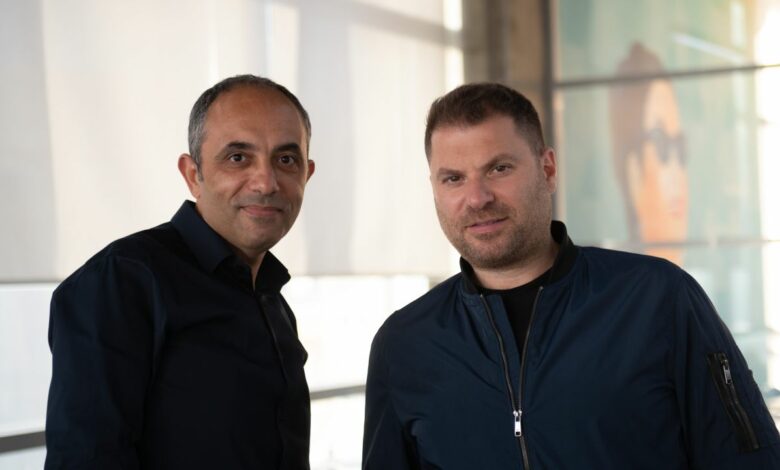
Launched in Beirut in 2012 by Elie Habib and Eddy Maroun, it was quickly dubbed “the Spotify of the Middle East.” Now headquartered in Abu Dhabi, Anghami is growing its footprint to the real world after amassing nearly 20 million active users.
It partnered with Sony Music to launch “Vibe,” a boutique record label the companies say will “support independent Arabic music,” and empower artists “to tell their stories regionally and globally.” Then, in July, Anghami acquired Spotlight Events, a live event company, and plans to host regular concerts for local artists. Last month, it opened a music venue and recording studio in Riyadh, Saudi Arabia.
“Artists can’t just make money out of music streaming,” Habib says. “They need to make money out of the real world also.”
Local knowledge
The platform is facing serious competition from the likes of Spotify (SPOT) and Apple (AAPL), but the founders are confident they can maintain their success by drawing on their knowledge of the region.
“We’re Arabs but we are influenced by the Western world, and this is reflected in our product,” Maroun says. “That’s why our product is really more relevant.”
The pair say nurturing and developing Arab talent is critical to their mission. Of the 73 million songs in their catalog, Habib says only one percent of them are in Arabic, but those songs generate 60 percent of all of Anghami’s traffic. “We realize we need to grow that one percent,” Habib says.
In February, the company signed an exclusive partnership with Egyptian superstar Amr Diab, whose 1.2 billion streams make him the most popular artist on the platform.
Around the same time, Anghami was listed on the Nasdaq stock exchange — the first Arab tech company ever to do so, according to the founders. “It was a great moment,” Maroun says. “We felt that we are really bringing with us a whole nation.”
In the first half of 2022, it saw 29 percent growth in revenue and 41 percent growth in monthly subscribers, compared with the same period a year earlier. Since then, in a tougher economic climate, the company has cut a fifth of its workforce, but the founders are confident they can continue to grow the platform.
“When we started Anghami … we never thought about IPOs, we never thought about millions of users using us every day,” Habib says. “IPO is never the end game — the end game is making something whereby you are proud.”




